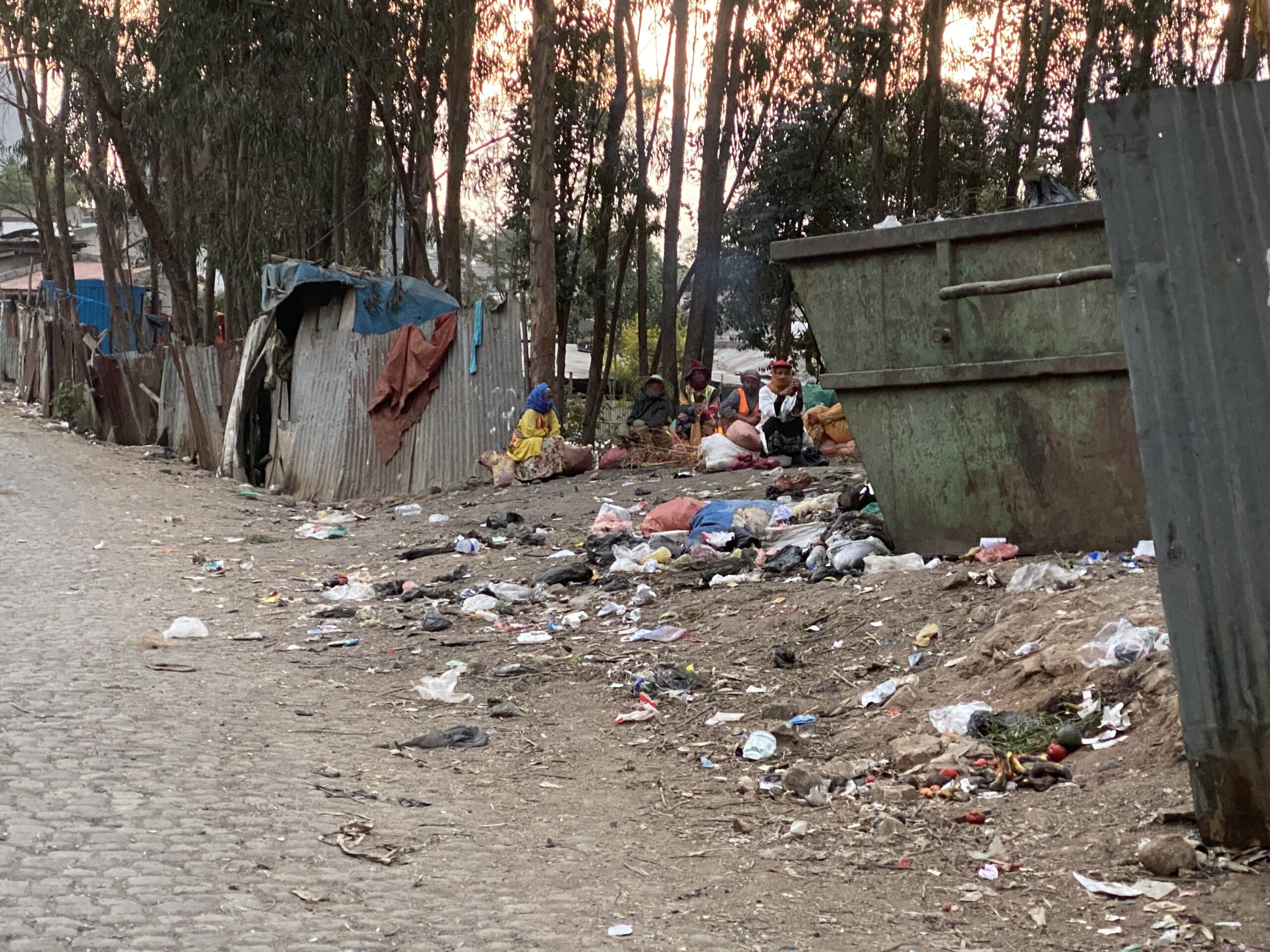Zimbabwe
Climate change has posed many risks to human beings and nature in Zimbabwe. Zimbabwe is highly affected by extreme high temperatures and high rainfall leading to droughts, veld fires (wildfires) and floods. The church in Zimbabwe is now beginning to play an active role in environment protection and is taking management steps to restore the environment and sustain economic and social actors in areas affected by climate change.
In Zimbabwe, most of the people are subsistence farmers. They survive by growing crops and keeping livestock (e.g., cattle, goats) to sell and tend for their families. Therefore, droughts are a major concern.
In the Midlands and Matabeleland South where there are Brethren in Christ congregations, there are areas which are affected by prolonged high temperatures and by little or no rainfall at all. Farmers lose their livestock and crops. The resulting loss of income results in poverty.
In the Matebeleland North and Bulawayo province, there are areas that experience 38-43ÀöC. Heat waves pose dangers like people collapsing and even death.
Wildfires have also become a major problem because of the heat waves. In 2022, in Esigodini, Matabeleland South,10 farm workers were reportedly to have died due to wildfires. And wildfires cause loss of life of the flora and fauna.
In regions such as the Eastern highlands and areas along the ZimbabweMozambique border floods are a major threat. Floods destroy the environment by causing soil erosion, landslides and loss of plants, crops and animals. They play a pivotal role in the destruction of infrastructure (e.g., bridges, roads and buildings) that results in deaths of people and animals due to drowning and not getting help on time.
The winter season has also been affected by climate change now beginning in midApril ending mid-September – which is not the normal range.
However, the churches in Zimbabwe have seen to it that they rise and not only preach the gospel of Jesus to the world but to assist in many ways in adjusting to the negative impacts that come with climate change.
Some churches now engage awareness campaigns that educate the community about climate change, its effects and how best to help in reducing its causing factors. The people in the church are educated on how best to adjust to the climate change effects and also what to do during the climatic change events like floods, heat waves, droughts, veld fires (wildfires), etc.
Knowing that burning of fossil fuels like coal emits gases that pose danger to the environment and climate, the church and people are adopting new ways reducing CO2-emitting fuels and substances. People are now advised to use more eco-friendly fuels. Instead of burning plastics that give off harmful gases, they now have clean up campaigns that engage the church and the community to pick up plastic containers and papers and take all the collected containers for recycling.
There is a saying that “cleanliness is next to Godliness”, therefore collecting all plastic containers not only is the church keeping its environment clean but also reducing global warming and climate change, hence achieving two goals with one effort.
The people in the church have started on agricultural projects such as irrigation schemes to areas affected by drought and also growing drought resistant crops like millet, sorghum.
The book of Proverbs talks about the woman of valour who stretches out her to the needy (Proverbs 31:20). Following her example, we see women in churches who keep chickens and rear pigs for resale. They donate the money to the people in affected areas especially for buying food, school stationery and clothes for vulnerable children.
These church women have also come up with a reach out campaign with the theme: “every tree a forest, every city a tree.” On the first Saturday of December, Zimbabweans plant a tree as a way to reduce deforestation.
Conclusively, it is believed that God has entrusted the earth and its resources to our care as church and world to our care, and we must act responsibly with them. It is everyone’s duty as an individual to be a good steward in reducing climatic factors and educating others about climate change.
— Nontokozo S Moyo was the GYS (Global Youth Summit) delegate for Ibandla Labazalwane kuKristu eZimbabwe (Brethren in Christ Church).

